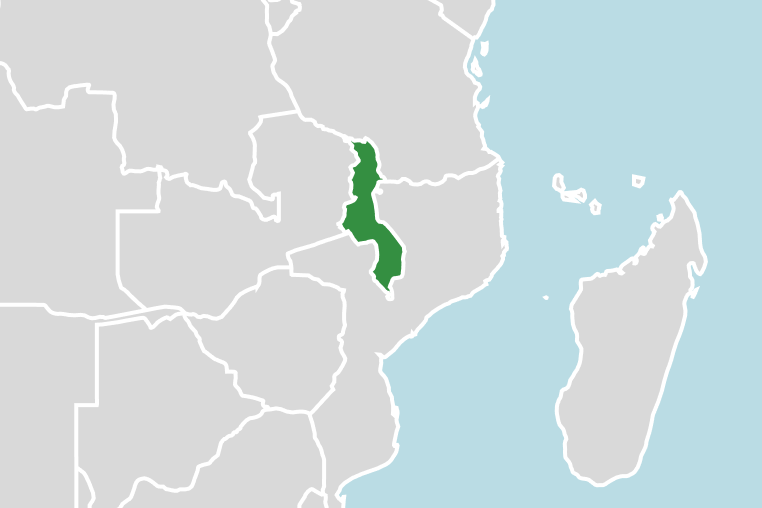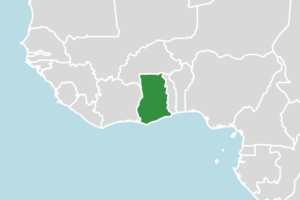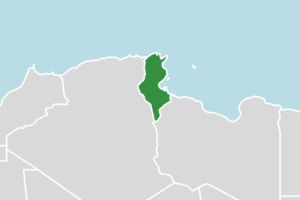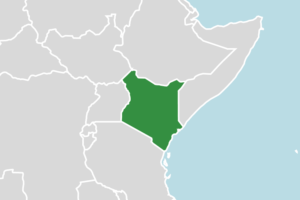Malawi: A champion of intra-African trade

Malawi ratified the African Continental Free Trade Area (AfCFTA) agreement in January 2021, and the country’s leaders have been outspoken about the need for member states to move quickly towards implementing a single African market. The country developed its AfCFTA implementation strategy in 2021. Most recently Malawi submitted its reviewed market access offer which allows it to participate in the second phase of the AfCFTA Guided Trade Initiative – which is a test for countries, evaluating their frameworks and readiness to engage in trade under the agreement.
In 2020, Malawi published its long-term development plan – Malawi 2063 – which is aligned with the African Union’s (AU) Agenda 2063 (a development blueprint to achieve inclusive and sustainable socio-economic development across the African continent by 2063).
Malawi 2063 sets out three pillars to achieve inclusive wealth and self-reliance – agricultural productivity and commercialisation; industrialisation; and urbanisation.
Growing Malawi’s capacity to benefit from the AfCFTA
Malawi has been a vocal champion of intra-African trade as a member of the AU and the Southern African Development Community.
The country’s biggest economic driver is its agricultural sector, which largely produces maize as a staple food crop and some cash crops, including tobacco. According to the World Bank, about 85% of Malawians depend on the country’s agricultural sector. The participation of women in Malawi’s agriculture is significant – at around 60%.
Malawi’s fast-growing services sector is becoming a key contributor to GDP. According to World Bank data, the services sector has accounted for as much as 53% of Malawi’s GDP in recent years. A notable aspect of Malawi’s services sector is its potential for export.
Services exports from Malawi include tourism services, as well as business services in the financial and telecommunications sectors.
With commercial agriculture comprising only 7% of agriculture in Malawi, a key priority of the government has been to help farmers move beyond subsistence.
By opening up the African market, the AfCFTA is a major opportunity for Malawi to realise its economic growth potential.
Malawi’s fast-developing services sector holds significant potential for driving economic growth and diversification, amid the increasing export opportunities available through regional trade agreements like the AfCFTA.
How GIZ is supporting Malawi’s implementation of the AfCFTA
In Malawi, the AfCFTA team works closely with the GIZ’s programme to promote income and jobs in rural areas. Key activities include:
What we have achieved so far:
Facts and figures
The AfCFTA will help Malawi boost its intra-African trade, which currently accounts for a relatively small proportion of the country’s imports and exports.
Export of goods(2022):
USD 899 Million
Import of goods (2020):
USD 1.586 Billion
Export of services (2022):
USD 351 Million
Import of services (2020):
USD 1.289 Billion
Our partners in Malawi
Ministry of Trade and Industry
Malawi Investment and Trade Centre
Malawi Confederation of Chambers of Commerce and Industry
Malawi Revenue Authority
National Association of Businesswomen
COMESA Federation of Women in Business
Competition and Fair Trading Commission
Related Content



